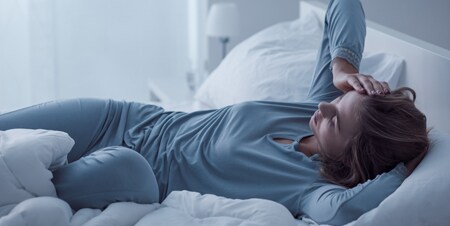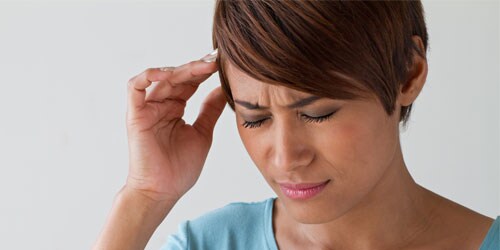Good posture: the key to a good night’s sleep
The trouble you may be having falling or staying asleep might stem from the rectangular cushion you lay your head on each night. Chances are, your pillow is either not supportive enough or too supportive, throwing the natural curve of your body out of whack. “If your neck and spine aren’t correctly aligned, it can lead to a variety of health problems that make it hard to sleep including back pain, neck pain, bad blood flow and difficulty breathing,“ said Rick Loos, a chiropractor and owner of Torrey Pines Chiropractic in Del Mar, Calif. "Poor sleep posture also can contribute to snoring.” A few tweaks to your sleep posture—including choosing the right pillow—can help you sleep better and wake more rested.
Picking the Right Pillow
Loos noted pillows do more than But the wrong pillow can prevent your spine from being in proper alignment. Choose a pillow that supports the natural curve of your neck and also allows you to be comfortable. Don’t prop yourself up too much—sleeping on several pillows or one that’s too high can put your neck into a position that causes muscle strain on your back, The perfect pillow should keep your neck aligned with your chest and lower back while allowing you to sleep in different positions and maintain that alignment.
Striking the Right Sleep Pose
According to the Mayo Clinic, most people sleep on their side, with their legs and hips aligned and flexed. But this position doesn’t support the upper leg, so the top knee and thigh tend to slide forward and rest on the mattress. That rotates a person’s lower spine and can contribute to back or hip pain. Perfect your side-sleep posture by placing a pillow between your knees and thighs, which keeps the spine in alignment. If you sleep on your back, tuck a pillow or a small, rolled towel under your knees to help maintain the normal curve of your lower back and ease or prevent lower back pain. If sleeping on your stomach suits you, reduce the strain on your back by placing a pillow under your pelvis and lower abdomen. Use a pillow under your head only if it doesn’t place too much strain on your back, Loos said. If it does cause strain, try sleeping without a pillow.


